About Major Pilotage In Turkey
About Major Pilotage In Turkey
The Requirement Pilotage In Turkey
Frequent Question Pilotage In Turkey
Apply Now!
University Available Pilotage In Turkey
About Major Pilotage In Turkey

An overview of Pilotage:
Professional pilotage is an activity that includes operating and piloting civil aircraft in a professional manner, whether these aircraft are for transporting passengers or transporting commercial goods, and executive aviation that serves private flights for individuals and companies. Professional pilotage operations include many aspects such as planning flights, maintaining aircraft, and executing flights within safety standards. Safety, deep understanding and compliance with aviation laws and regulations in different countries.
Professional flying refers to the skills and responsibilities of the person who manages flight operations inside the cockpit of an aircraft. The pilot's role is to guide the aircraft safely and efficiently through all phases of the flight, from preparation and take-off, to landing and parking.
Some key aspects of aviation leadership:
- Flying and navigation.
- Communicating with the aircraft team.
- Interacting with air traffic control.
- Planning, management and decision-making.
The history of professional pilotage has evolved significantly over the years, with commercial flights beginning in the late 19th century and expanding significantly in the 20th century. After World War II, the commercial aviation industry boomed and global aviation networks expanded, introducing larger and more efficient aircraft. In the following decades, airplanes saw tremendous advances in technology, making flights safer and more comfortable. In the 21st century, new concepts such as electric aircraft and drones have emerged, signaling the industry's continued evolution to meet diverse and changing global transportation needs.
Practicing professional pilotage requires specialized training and education, including obtaining internationally recognized certificates and licenses, in addition to technical skills and extensive knowledge of the technical, operational and security aspects of aviation.
Why study Pilotage in Turkey?
If you are planning to study professional pilotage, Turkey will be one of the best educational opportunities for you, given the progress in Turkish research in this sector. Turkish universities are keen on the quality of the educational curriculum to comply with international standards. Universities also exploit all their capabilities to serve the requirements of professional pilotage major to ensure students excel in their educational and professional lives.
Here are some reasons why students may choose to study in Turkey for this major:
- Prestigious universities: Turkey includes many well-known and internationally accredited universities that represent leading research centers in the field of professional pilotage. Private universities invest in modern infrastructure and advanced equipment to support research and development in this specialty.
- Highly skilled faculty members: They have the ability to research and design professional pilotage applications. New methods and models, in addition to analyzing the latest developments in the development of professional pilotage systems.
- Cultural and social diversity: Turkey is a country that combines tradition and modernity, East and West, and a diverse cultural experience is available among international students studying in Turkey.
- Research and innovation environment: dynamic programs adapted to Recent changes and developments in the professional pilotage sector and technological research, this creates a suitable environment for studying professional pilotage and innovation in this discipline.
- Reasonable cost of living: Compared to some other countries, Turkey offers a reasonable cost of living, making it an attractive destination for international students.
Overall, Turkey offers an exciting and attractive environment for studying in professional pilotage, and is increasingly popular among international students pursuing professional pilotage.
Skills needed to study Pilotage?
Studying professional pilotage requires a set of basic skills to ensure pilots succeed in their mission. Here are some skills needed:
- Ability to communicate clearly and effectively with crew members and air traffic controllers, as well as with passengers if necessary.
- Ability to analyze situations and make sound decisions, especially in changing flight conditions.
- The ability to fly the aircraft confidently, effectively, and control it safely during all phases of flight.
- Ability to deal with work pressures in changing circumstances and in emergency situations.
These skills help pilots achieve effective and proper performance during their flights, and play a critical role in ensuring the safety and success of flight operations.
The average annual salary for beginners to a major is Pilotage $95,000
The Requirement Pilotage In Turkey
Passport
Personal photo
Toefl
High school diploma
High school transcript
Frequent Question Pilotage In Turkey
What is Professional Pilotage?
Civil professional pilotage refers to aviation activity that is organized and operated for both civil and commercial purposes. Civil professional pilotage includes several sectors and activities related to passenger transportation, cargo transportation, and the provision of commercial aviation services.
What is the importance of Professional Pilotage?
Professional Pilotage enhances global communication and international trade, and contributes to promoting tourism and developing local economies. It also plays a vital role in disaster relief and support, and contributes to providing emergency medical services and developing air technology. Providing aviation education and training opportunities enhances skills development and creates new job opportunities in the industry.
What is Professional Pilotage aimed at?
Professional Pilotage seeks to provide a fast and safe means of transporting passengers and cargo across countries and continents. It encourages cultural communication and contributes to the technological development of the aviation industry, achieving effective and safe connections between different countries and cultures.
What is the history of Professional Pilotage?
The history of professional pilotage reflects tremendous scientific and technological developments and economic and cultural transformations throughout the ages, and it constitutes an essential part of the development of transportation and communications worldwide. Here's a detailed overview of aviation history:
- In ancient times: Man looked to the sky and dreamed of flying, and he sought to achieve this by using kites, imitating the movement of birds, as did the Arab-Islamic philosopher Ibn Firnas.
- The era of hot balloons: In the 18th century, the first air planes appeared that used hot gas to fly as air balloons, and in 1783, the first successful flight using a hot balloon was carried out.
- The Two World Wars: Aviation witnessed a tremendous development in aviation technology during the two World Wars, as aircraft were widely used for reconnaissance and combat purposes.
- Post-World War II: After the war, professional aviation experienced rapid growth. Commercial airlines expanded and began operating international airlines, increasing demand for air travel.
- Modern Era: In the 1960s and 1970s, humans began exploring space using spacecraft. In recent decades, aircraft have seen tremendous advances in engine technology, materials and navigation systems, which have improved flight safety and aircraft efficiency.
The history of aviation represents a continuous journey of creativity and challenges that have contributed to changing the character of daily life and communications throughout the ages. Aviation and aerospace constitute an important sector of transportation and modern technology, with continuous updates aimed at providing safe and efficient flights.
What do Professional Pilotage graduates do?
Professional pilotage graduates can work in a variety of aviation-related fields and jobs. Some of the jobs that professional pilotage graduates can work in include:
- Pilot Captain: They fly aircraft and carry out passenger or cargo flights.
- Air navigation control: Air traffic controllers work to monitor the movement of aircraft and direct them safely in the air, ensuring the safety of flights and avoiding collisions.
- Flight instructors: Professional pilotage graduates can become instructors for new pilots, training them to fly and developing their skills.
These are just some of the jobs that professional pilotage graduates can work in, and opportunities vary depending on the needs in the aviation industry and developments in the field.
University Available Pilotage In Turkey
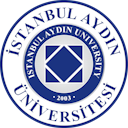
Istanbul Aydin
Language
English
Tuition fees (Schedule)
$6000
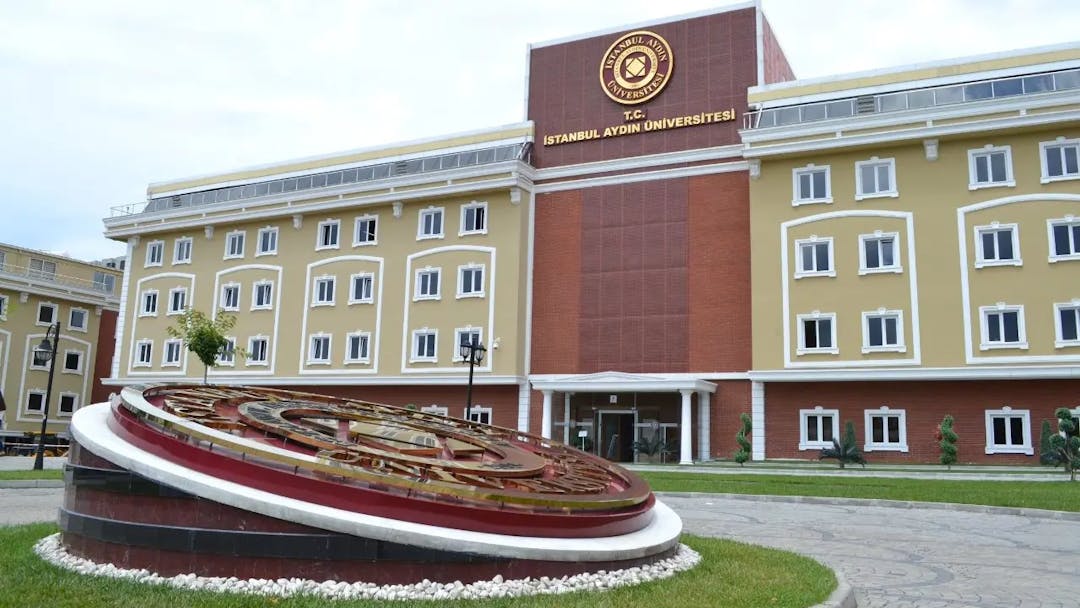
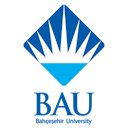
Bahçeşehir
Language
English
Tuition fees (Schedule)
$8500


Ozygin
Language
English
Tuition fees (Schedule)
$13000
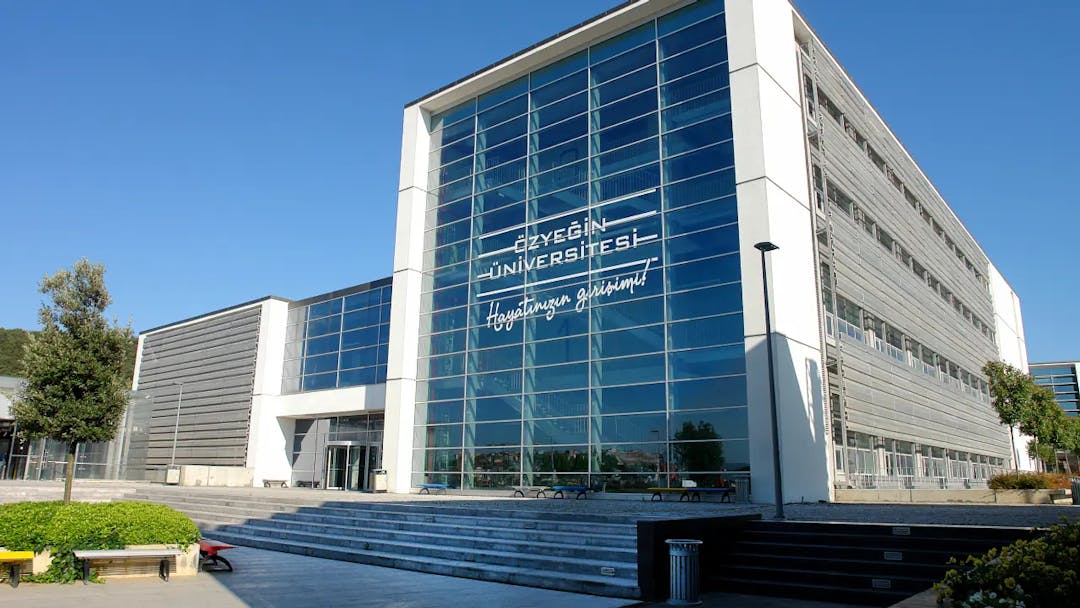

Atilim
Language
English
Tuition fees (Schedule)
$5500
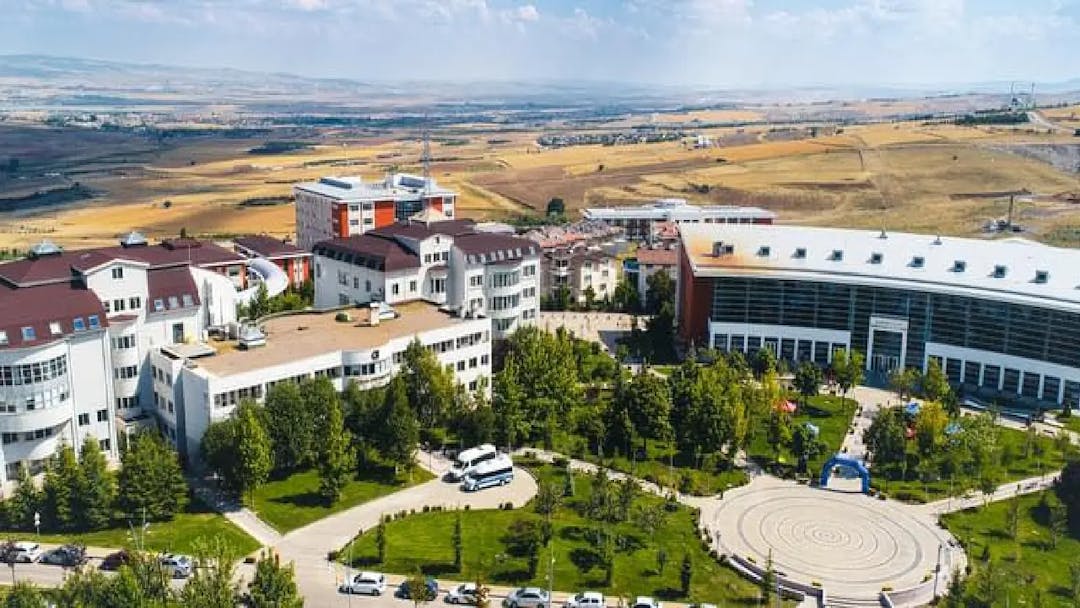

Istanbul Okan
Language
English
Tuition fees (Schedule)
$0
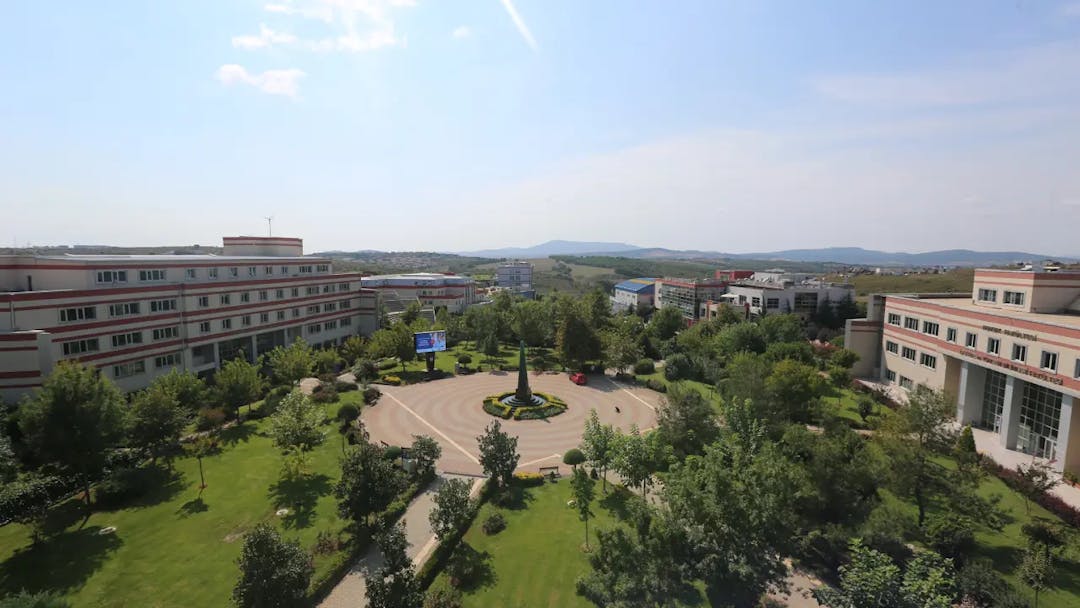

Istanbul Nişantaşı
Language
English
Tuition fees (Schedule)
$10000
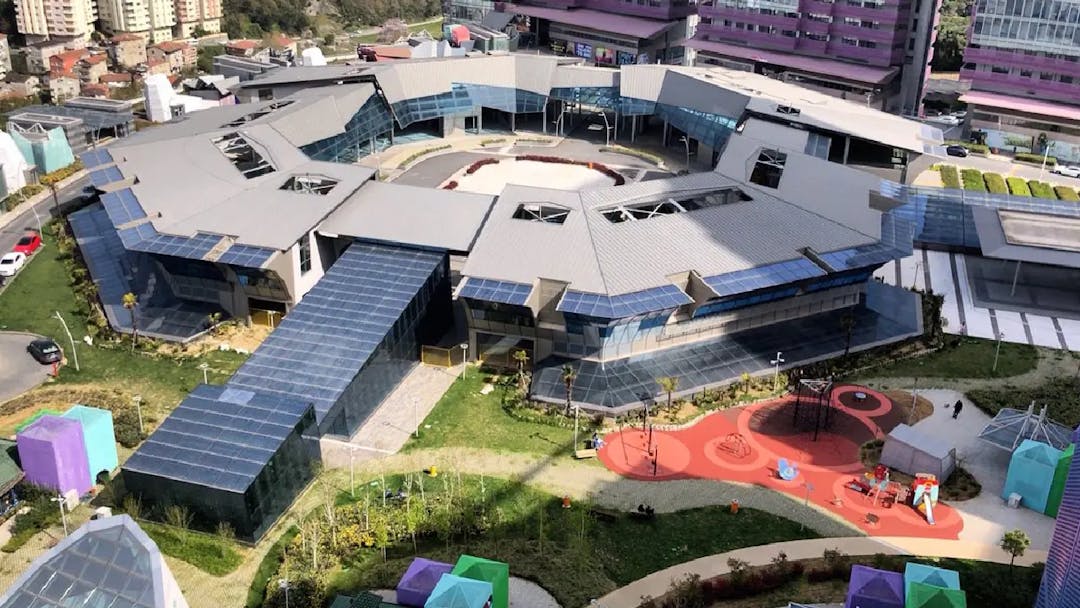

Antlya Bilim
Language
Turkish
Tuition fees (Schedule)
$7055
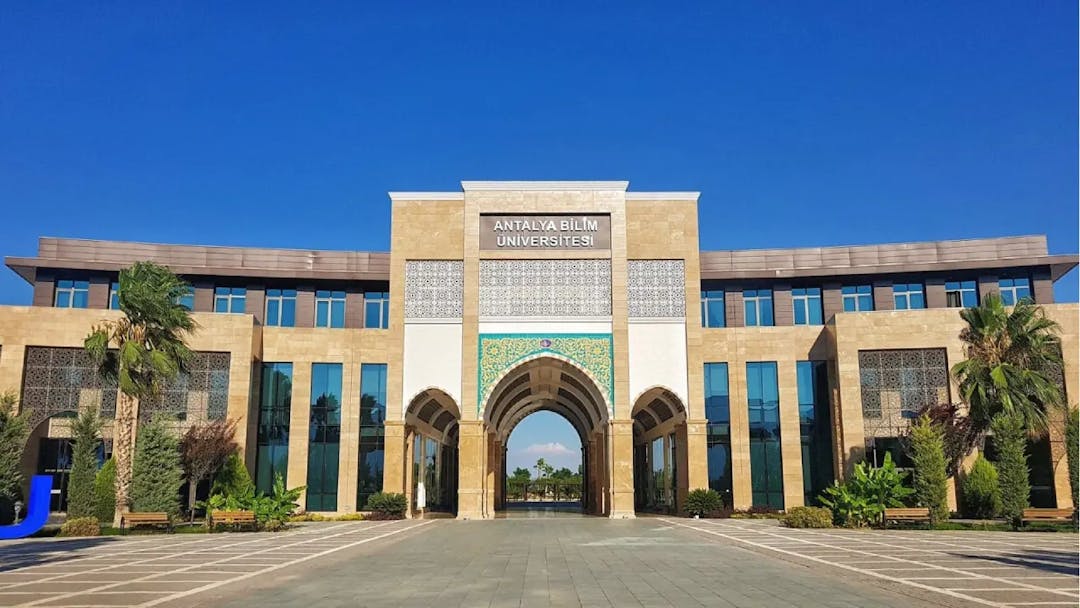
| University | Language | Tuition fees (Schedule) |
|---|---|---|
| Istanbul Aydin | English | $6,000 |
| Bahçeşehir | English | $8,500 |
| Ozygin | English | $13,000 |
| Atilim | English | $5,500 |
| Istanbul Okan | English | - |
| Istanbul Nişantaşı | English | $10,000 |
| Antlya Bilim | Turkish | $7,055 |





